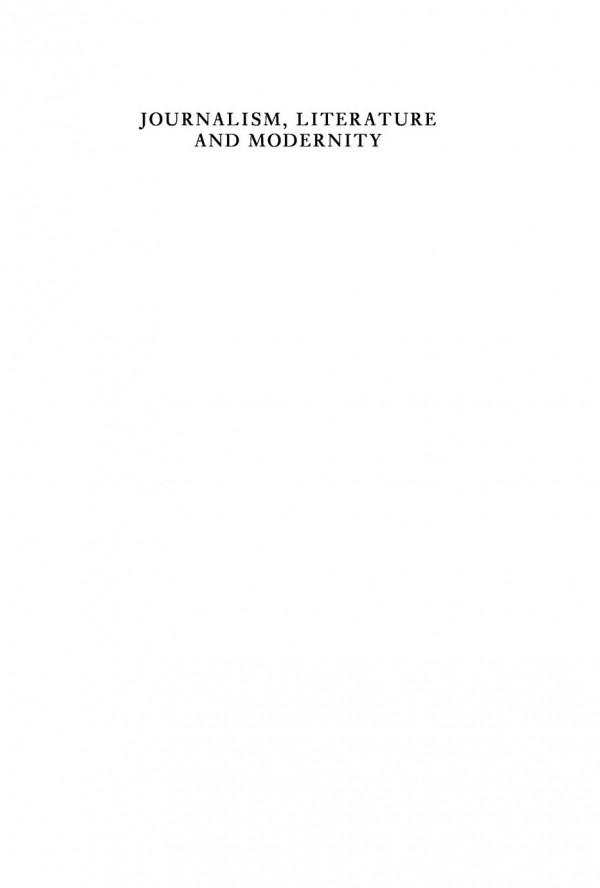

Most ebook files are in PDF format, so you can easily read them using various software such as Foxit Reader or directly on the Google Chrome browser.
Some ebook files are released by publishers in other formats such as .awz, .mobi, .epub, .fb2, etc. You may need to install specific software to read these formats on mobile/PC, such as Calibre.
Please read the tutorial at this link: https://ebookbell.com/faq
We offer FREE conversion to the popular formats you request; however, this may take some time. Therefore, right after payment, please email us, and we will try to provide the service as quickly as possible.
For some exceptional file formats or broken links (if any), please refrain from opening any disputes. Instead, email us first, and we will try to assist within a maximum of 6 hours.
EbookBell Team

4.7
86 reviewsGBS_insertPreviewButtonPopup('ISBN:9780748621026);
Reviews of the hardback edition:
'A meticulously detailed and thought-provoking look at Grub Street.'
Times Literary Supplement
'All the essays have insightful things to say about their individual authors as writers for the periodical press.'
Media History
'An effective geneaology of modern journalism from the early nineteenth century through to the 1930s.'
Sally Ledger, Birkbeck College
Journalism has often been disregarded or represented as 'other' by literary critics and authors. The sense of its difference from literature has been heightened by its identification with daily newspaper journalism and reporting. Yet 'journalism' in its broadest sense refers to all writing in public journals, spanning both high and popular culture. It has been central to experiences of modernity, making its dismissal problematic.
This book considers journalism in all its diversity, examining writing in journals across the cultural spectrum including literary journals, magazines and daily newspapers. Presenting a variety of critical approaches, the authors explore journalism's importance in relation to gender, modernity and modernism.
They offer readings of established writers, critics and journalists:
This book challenges received ideas of journalism's significance in literary and cultural history, as well as perceptions of modernity and modernism.
Key Features